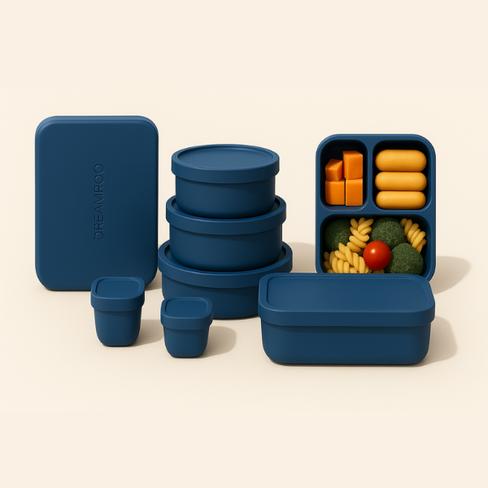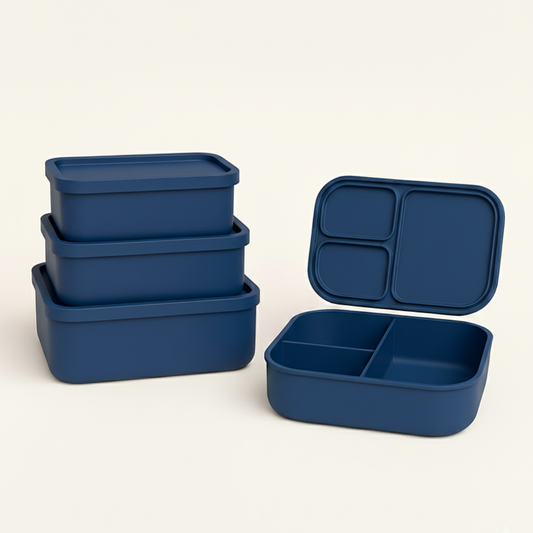
January Seasonal Fruits and Veggies: Fresh Picks to Kickstart the New Year
Happy New Year! 🎉 January is a time for fresh starts, and what better way to reset your health than by adding seasonal fruits and veggies to your meals? While the weather might be cold, January brings a variety of nutrient-dense produce that’s perfect for boosting your immune system, supporting digestion, and keeping you energized as you tackle your goals for the year.
Let’s explore the best fruits and vegetables in season this month, their health benefits, and some easy ways to include them in your meals.
Fruits in Season for January
- Oranges 🍊
- Benefits: Oranges are loaded with Vitamin C, which is essential for supporting your immune system, especially during the cold and flu season. They’re also rich in fiber, which helps with digestion, and antioxidants that promote healthy skin.
- How to Enjoy: Peel and eat oranges as a quick snack, add orange slices to salads for a pop of flavor, or blend them into a smoothie for an immune-boosting drink.
- Pears 🍐
- Benefits: Pears are packed with dietary fiber, supporting healthy digestion and keeping you feeling full longer. They also contain Vitamin C and antioxidants that help boost immunity and reduce inflammation.
- How to Enjoy: Slice pears into oatmeal or yogurt, roast them with honey for a sweet treat, or add them to winter salads for a refreshing crunch.
- Kiwis 🥝
- Benefits: Kiwis are a small but mighty fruit, full of Vitamin C, Vitamin E, and fiber. They help boost your immune system, improve digestion, and support skin health with their high antioxidant content.
- How to Enjoy: Add kiwis to smoothies or fruit salads, eat them as a snack, or blend them into sauces and dressings for a tangy twist.
Veggies in Season for January
- Kale 🥬
- Benefits: Kale is one of the most nutrient-dense leafy greens available. It’s rich in Vitamin K, Vitamin C, and calcium, supporting bone health, boosting immunity, and aiding in digestion. Kale is also high in fiber and antioxidants, making it a great winter veggie to keep you feeling your best.
- How to Enjoy: Add kale to salads, blend it into smoothies, or sauté it with garlic and olive oil for a quick and healthy side dish.
- Carrots 🥕
- Benefits: Carrots are packed with beta-carotene, which is converted into Vitamin A in the body. This supports eye health, boosts immunity, and promotes healthy skin. They’re also a good source of fiber, helping to regulate digestion.
- How to Enjoy: Roast carrots with olive oil and herbs for a simple side dish, add them to soups and stews, or snack on raw carrots with hummus.
- Brussels Sprouts 🥬
- Benefits: Brussels sprouts are high in fiber, Vitamin C, and Vitamin K, making them great for supporting heart health, digestion, and bone strength. They’re also packed with antioxidants that help fight inflammation and support overall wellness.
- How to Enjoy: Roast Brussels sprouts with olive oil and balsamic glaze for a crispy side, add them to stir-fries, or toss them into a warm salad for extra crunch and nutrition.
Why Eat Seasonal Produce in January?
Eating seasonal produce ensures you’re getting the freshest, most flavorful fruits and veggies, harvested at their peak ripeness. Seasonal produce is often more affordable since it’s locally grown and doesn’t have to travel long distances to reach your grocery store. Plus, when you eat in season, you’re consuming food that’s packed with more nutrients and antioxidants, giving your body the energy and support it needs to thrive.
In January, the focus is on immune-boosting fruits and fiber-rich veggies that help keep you healthy during the colder months. These foods provide essential vitamins and minerals that help fight off colds, improve digestion, and keep you energized as you kickstart your year.
Easy Ways to Add January’s Seasonal Produce to Your Meals
-
Roasted Veggie Bowls: Roast Brussels sprouts, carrots, and sweet potatoes with olive oil, garlic, and herbs. Toss them with a grain like quinoa or brown rice for a nourishing, filling meal. 🍽️
-
Winter Citrus Salad: Combine orange slices with kale, nuts, and dried cranberries. Top with a light vinaigrette for a refreshing, Vitamin C-packed salad that’s perfect for lunch or dinner. 🍊🥗
-
Smoothies & Snacks: Add kiwi, kale, and orange to your morning smoothie for an immune-boosting drink that’s full of vitamins and antioxidants. For a quick snack, pair carrot sticks with hummus or slice a pear with a handful of almonds for a balanced, nutrient-rich snack.
Health Benefits of January Produce
- Immune Support: January’s seasonal fruits like oranges, kiwis, and pears are high in Vitamin C and antioxidants, which help strengthen your immune system during the cold and flu season.
- Digestive Health: The fiber found in Brussels sprouts, carrots, and kale helps support a healthy digestive system by promoting regularity and keeping you feeling full.
- Heart Health: Fiber-rich vegetables like Brussels sprouts and carrots, along with the antioxidants in oranges and pears, support heart health by reducing inflammation and promoting healthy cholesterol levels.
Delicious Recipe Ideas for January
-
Kale & Citrus Salad: Toss fresh kale with orange slices, avocado, and toasted almonds. Top with a light vinaigrette for a nutrient-packed salad that’s bursting with flavor and vitamins.
-
Roasted Carrots & Brussels Sprouts: Roast Brussels sprouts and carrots with olive oil, garlic, and a touch of balsamic glaze for a crispy, flavorful side dish that’s perfect for winter dinners.
-
Pears with Honey & Walnuts: Slice fresh pears and drizzle with honey, then top with walnuts for a simple, healthy dessert or snack that’s full of fiber, antioxidants, and healthy fats.
Conclusion
January’s seasonal fruits and veggies are packed with the nutrients you need to stay healthy and energized through the winter months. From immune-boosting oranges and kiwis to fiber-rich veggies like kale and Brussels sprouts, there’s no shortage of delicious, nutritious produce to add to your meals. By eating in season, you’ll enjoy fresher, more flavorful produce while supporting your health and the environment.
What’s your favorite way to use January’s seasonal produce? Share your ideas in the comments below! And don’t forget to save this blog for meal inspiration and share it with other parents looking for fresh, seasonal recipes to start the new year off right! 🍽️❄️





